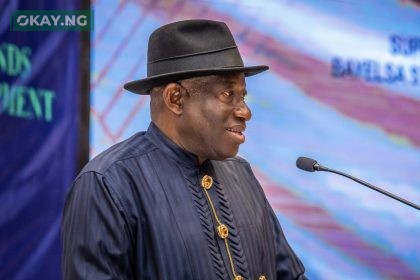The Federal Government has announced a bold plan to increase Nigeria’s tax-to-GDP ratio from below 10% to at least 18% in the next three years, according to Taiwo Oyedele, Chairman of the Presidential Committee on Fiscal Policy and Tax Reforms.
Speaking on Arise TV, Oyedele explained that this goal will be achieved through comprehensive tax reforms recently signed into law by President Bola Tinubu.
The new tax laws, including the Nigeria Tax Bill, Tax Administration Bill, Nigeria Revenue Service Establishment Bill, and Joint Revenue Board Bill, aim not only to boost government revenue but also to address inefficiencies and promote fairness in the tax system. Oyedele highlighted the current tax yield as “embarrassingly low,” noting that Nigeria collects less than 10% of its GDP in taxes, compared to 26% in South Africa and up to 40% in countries like France. He revealed a tax gap of about 70%, meaning Nigeria collects only a fraction of the revenue it could potentially raise. “This means we are rewarding tax evaders while some people are paying,” he said.
The reforms seek to make tax evasion more difficult and costly while simplifying compliance for taxpayers. Oyedele expressed confidence that these measures could more than halve the tax gap and double Nigeria’s tax revenue, enabling the tax-to-GDP ratio to reach 18% without raising tax rates. A key provision exempts Nigerians earning less than ₦1 million annually from personal income tax, a significant relief compared to the previous threshold of ₦300,000. Small businesses with turnovers below ₦50 million will also be exempt from company income tax. Corporate income tax is set at 30%, and VAT is reduced to 7.5%, with essential items like food, education, and healthcare exempted from VAT.
Beyond revenue, the reforms aim to rebuild public trust through greater transparency and accountability in how tax revenues are used. Oyedele praised President Tinubu’s political courage in pushing the reforms despite opposition, saying, “This should have been done 30 years ago.”
Okay.ng reports that these changes are expected to leave more money in the hands of ordinary Nigerians and ease the financial burden on low-income earners and small businesses, with VAT exemptions on essential goods and services providing further relief.













